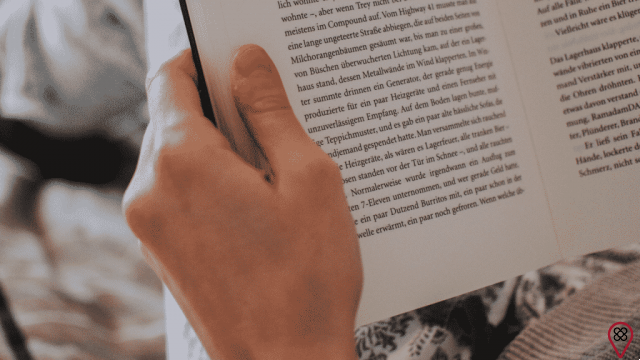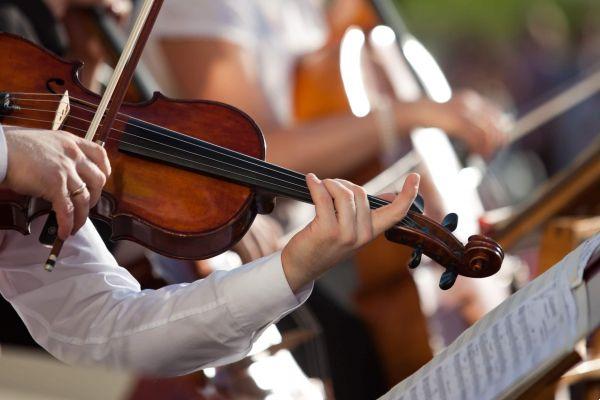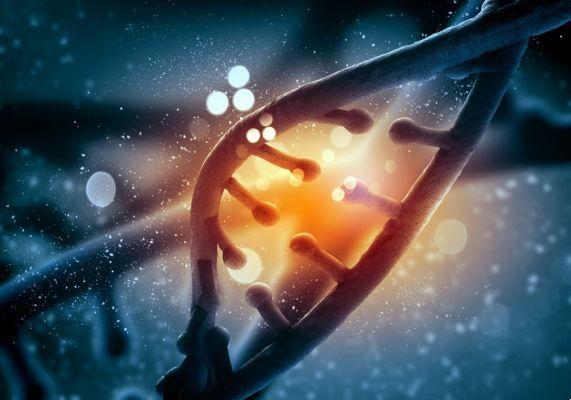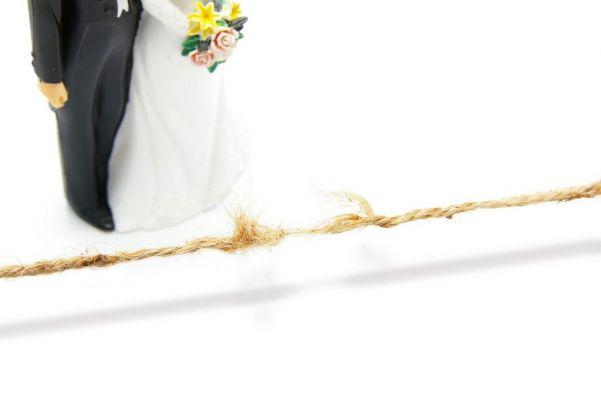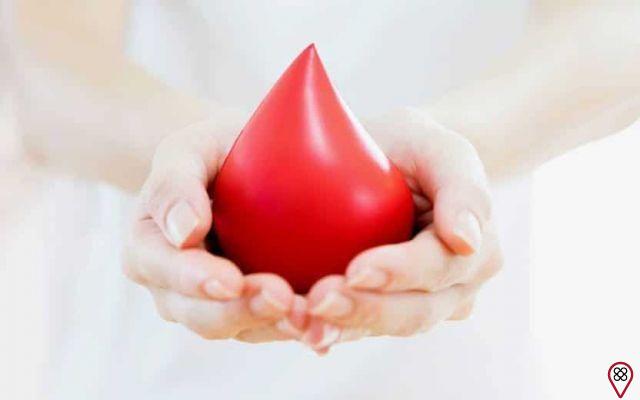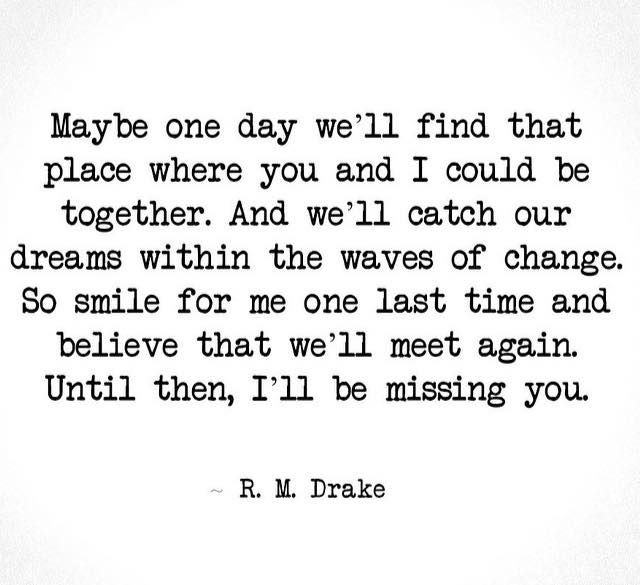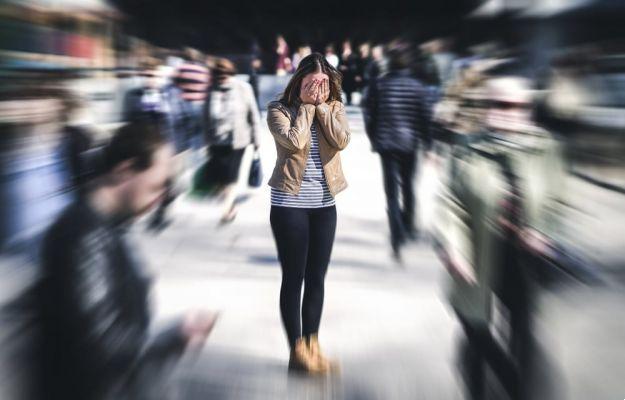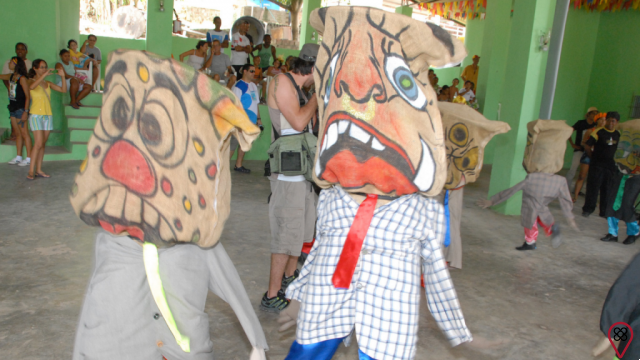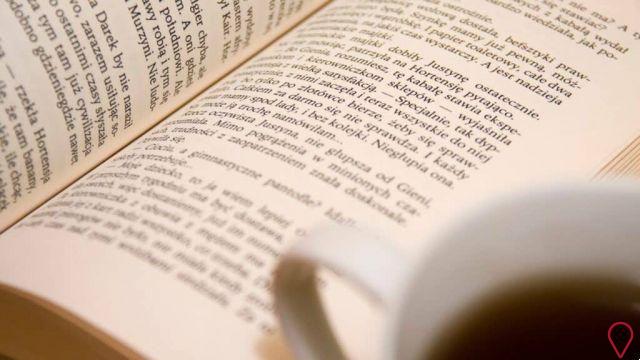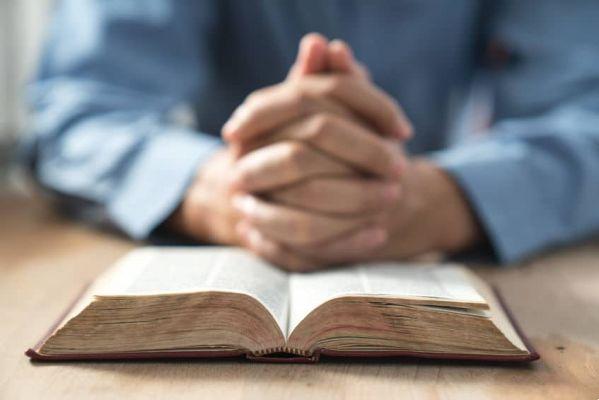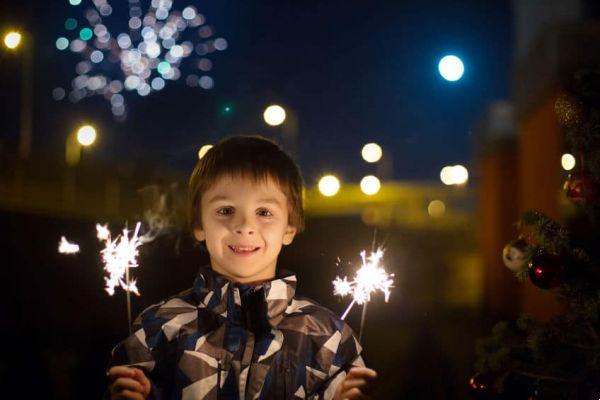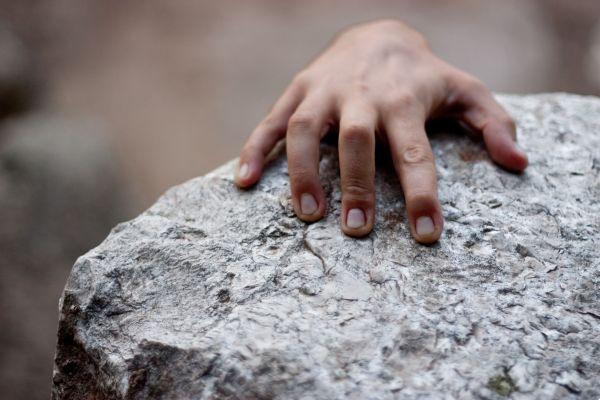Like what happened to me at least three times before this day of writing, many of those who read me now, possibly, have already felt that they were living the first day of the rest of their lives. This usually happens after something that, unequivocally, draws a line on the path that comes to us as a watershed between before and after. But an “after” is very different from any other, due to the profound transformation in the way we started to see the world from then on, as when we survived a great danger in which many had their lives interrupted prematurely. As an example, I would cite the hand that reaches something to hold on to in the last moment of drowning; that heroism that transforms the existence of which we had already given up into a miracle; or the continuity of life after the illness that had already condemned us to death.
The perception of these moments, when comparing the view in the rearview mirror with the road now stretching ahead — perceived through the windshield — is always too great for the space of the sheet in which one tries to describe it. And anyone who has gone through this will certainly agree with me, because they are not stories in which tattoos serve to preserve their memory, but marks scratched in the core of being with a hot iron, and whose scars do not perceptible to the unsuspecting look denounce indelible incisions produced in the soul of those who experienced them.
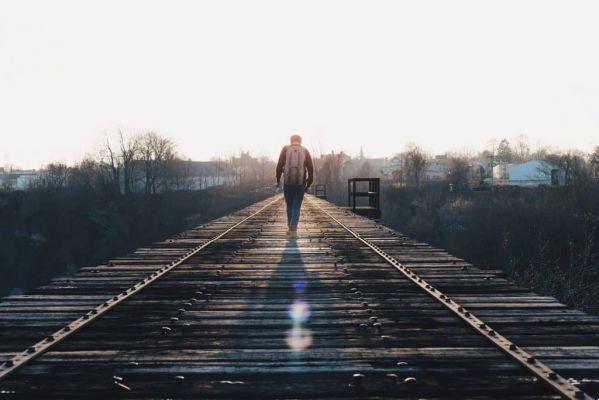
Despite all that has been said, I am not referring to the “day after” that I have just described, but to another one in which I woke up this morning, even more unusual, after having crossed another line that turned the life I had known into a remote past. until yesterday. Although it is almost impossible to penetrate the other people's universe when we haven't experienced it, I challenged myself to try to describe it in an effort to understand my own feelings about it.
At fifty-two days of quarantine, equipped with a mask and gel alcohol, I undertook my first foray abroad looking for some relief from isolation. I chose to travel through the once pulsating heart of Rio by bicycle to document the impacts of the pandemic through photos that would certainly bring him closer to those of a post-apocalyptic world. I found previously buzzing places, such as Central del España and Avenida Rio Branco in its financial center, reminiscent of a ghost town: a Chernobyl perhaps, or a post-nuclear disaster Fukushima. After a few dozen records, the expectation was to capture images of Santos Dumont Airport with aircraft on the ground, resembling birds with frozen wings and prevented from taking flight.
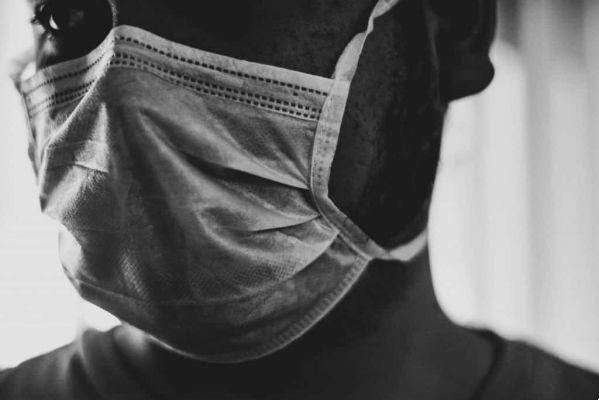
On the curve from Rio Branco to Avenida Beira Mar, following the VLT tracks, an unusual event gave me the exact impression of having been hit by surprise by a hurricane: the imprecise silhouette of a black car brushed past my back, as if that came out of nowhere, and still under the effect of fright, I felt caught by a bus that, having reached me in the same direction, freed me from the frontal impact at the same time that I realized I was physically touched by its right side along the entire length, since that I followed close to the curb. An inch or two more to the street and I wouldn't have escaped the wheels of the vehicle.
How much time passed as I felt him scraping my shoulder, waist, and legs, until the rear end was seen speeding away, I wouldn't know. One second? Some fractions? Impossible to say, because I only felt the drag of that metallic wall taking me along several meters by direct friction, until I managed to stop about seventy or eighty meters from where I was. Night had already fallen, and the completely empty lanes did not realize that I had crossed an almost imperceptible lane following the VLT tracks, which highlighted only the next lane that joined them after the bed that separated them. My body ached from shoulder to thigh, on the side of direct contact with the entire side of the collective. The high speed of the vehicle, which could have been fatal to me, in that specific case, helped to keep me from tipping over. Surprisingly, I was standing on the bike's handlebars when the driver came up to me and offered to take me to the hospital. I told him I wasn't hurt, despite the pain from the collision all along the length of the bus. He insisted, given the vehicle's high speed on a motionless street. I reassured him that he was fine, and apologized, because just as the vehicles seemed to me to come out of nowhere on the empty avenue, I must have given them the impression that I had come from another dimension. Both vehicles had crossed the tracks without slowing down due to the emptiness of the road and the semi-darkness of the hour, and in reality there was no one to blame for the accident, although a strong tightness in my chest betrayed my discomfort for having caused it. How did it happen? What had clouded my persistent caution to expose myself to such a grotesque risk?
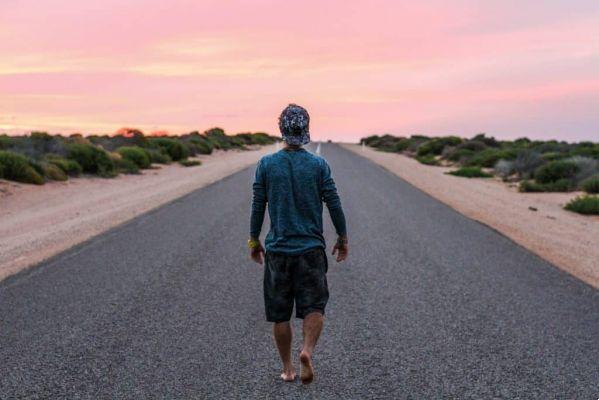
I had already left the place for several blocks, ten at least, when I found myself without the tiny fanny pack that I carried around my waist containing the little bottle of alcohol, and I also noticed the lack of the cell phone that I remembered having kept in the back pocket of my pants. The poor lighting and lack of movement made it easier for me to find them in a sweep of the place, which is why I went back there, and after a few minutes a reflection on the asphalt allowed me to find my cell phone. I pressed the button and it lit. It worked! The shock came half an hour later, when the lighting allowed him to notice the damage to the device that showed several sinkings in the back, as if it had been crushed by the wheels of the heavy vehicle.
On the long journey from where it all happened until arriving home, he wouldn't be able to say exactly what had happened. The sensation was one of bewilderment, and that of being “teleguided” by a kind of automatic programming, since rational thought did not flow as it did before the accident, except for a strange feeling of not being in my own body, in the world that surrounded me. it was familiar, and not even in the life that belonged to me. It seemed difficult to me to understand if I had escaped being crushed by the wheels of the vehicle or if I just thought that I had escaped because I had not been able to see my body on the asphalt. I just lay down as soon as I found myself in my room, waking up today with the certainty of having crossed a dividing line, the most disturbing I had ever crossed in my entire existence.
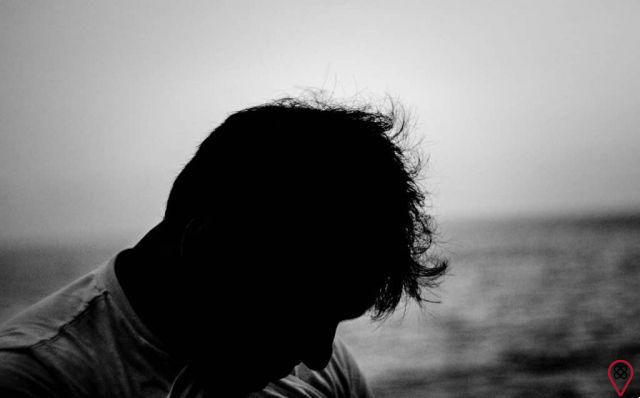
Only this morning, I was able to mentally retrace the path I had traveled since the moment I was picked up by the bus, and I realized that all logic pointed to the fact that I should no longer be where I am right now. I still felt it quite different from what one has as a post-traumatic moment, since there was no fear, anguish or anything else besides a profound estrangement in relation to my own body, as if I saw it from a distance. I looked at my hands and wondered if they were the same as before or if they were just an illusion of the mind not yet aware of death. And even at this moment, as I describe it, that sensation remains the same, as if reliving it in all its bizarre singularity.
What I can say, without a trace of doubt, is that the person who writes this now is not the one who left home yesterday, but this conviction does not extend to the fact that he is or is not on the same plane as he was until then. In fact, all the certainties of the past do not seem to apply to this new moment, nor do they give any guarantee that time will take care of recovering them. I only know that the need to understand the reality that the eyes reveal was before the dividing line. A consciousness emerges from the zero point of a matter that it does not question whether it is the same or not, whether it is real or not, or whether it is just a lotus sprouting from the mud without it staining its petals. I think therefore I am. Did Descartes experience it?
You may also like
- Carpe Diem: Understand what it means and transform your reality
- Have you been enjoying the gift? A reflection on time and life
- Discover the importance of giving thanks for your awakening
My first day after the last, which frees me from all explanation. The human species comes from a long history of arrogate to the understanding of everything, and deceived by the senses, we come to believe that we exercise control over the visible and the invisible, that we dominate both the palpable and the ethereal, and we navigate between the subtle and the concrete. in the same way that we cling to yesterday, as if we could stop the line that will separate it from our here and now, even without asking for our permission. Something much greater than human constructions impose on us, a reality that is not held hostage to ours, nor is it subordinated to our foolish desires in the face of the breadth of everything that is unknown. “Carpe diem”, Fate whispers to us, warning us that being or not being, as we understand it, is merely circumstantial, for what remains before and after the line — in the yesterday or tomorrow that it is willing to separate — it is only the Being, which sums up the All. What else?



